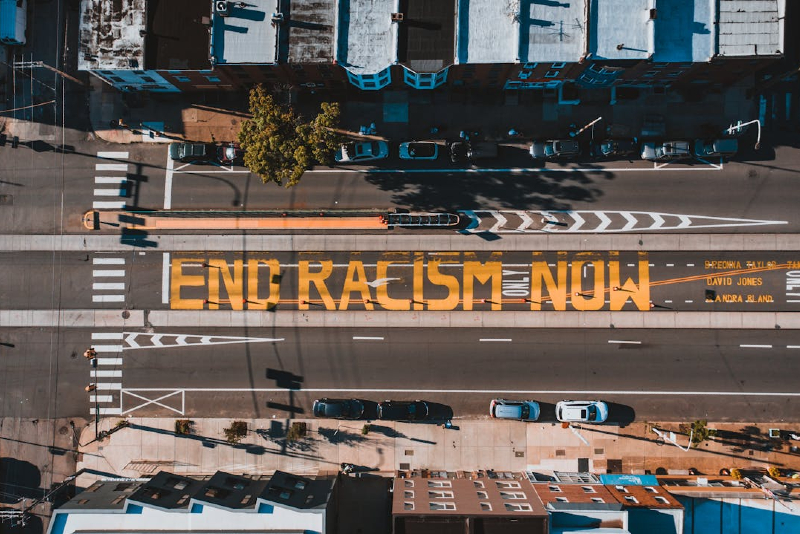What is Considered Race Discrimination in California &
How Do You Prove It?

Many employees run the risk of facing racial discrimination in the workplace. This is an unfortunate situation that occurs, which is why there are laws established at a Federal and State level in an effort to prevent those scenarios and protect the individuals.
California’s FEHA Law Provides Broad Protections Against Racial Discrimination
Title VII of the Civil Rights Act of 1964 established protections on individuals against employment discrimination based on race, color, religion, national origin, or gender. In California, similar provisions are found under the Fair Employment and Housing Act (FEHA), and they provide broader protections against workplace discrimination in California.
Under FEHA this law applies employers, labor organizations, employment agencies, apprenticeship or other training programs, internships. The only requisite is that the employer or organization employee 5 or more people. Additionally, racial discrimination protections extend to association, such as who an employee is married to or who they surround themselves with.
Examples of Racial Discrimination in the Workplace
Racial discrimination is treating other individuals differently due to characteristics associated with race such as skin color, facial features, hair texture, wardrobe, and so on. Here are some examples of what is considered racial discrimination based on race, color, national origin, or gender would look like in the workplace:
- Racial slurs, offensive or derogatory comments, displaying racially offensive content creating a hostile work environment.
- Excluding employees from promotions
- Unfair hiring practices
- Termination
- No consideration for promotions
- Lower wage
- Creating or having in place policies that impact the individual’s ability to work.
Proving Racial Discrimination in the Workplace in California
To prove racial discrimination, the employee who has been impacted must show:
- The employee is part of the protected class.
- The employer is covered under the law.
- The harmful conduct directed at the employee was due to race.
- The employer took adverse employment action against the employee.
If you believe you have been affected by racial discrimination in your workplace, then it is of utmost importance to act on it. From this point on, you will want to make sure you start gathering all information pertaining to the situation that can be used to prove your claim.
To begin, you must file a racial discrimination claim with the Civil Rights Department (CRD) or the Equal Employment Opportunity Commission (EEOC). After doing so, you may pursue legal action against the entity.
At TONG LAW, our experienced attorneys will advocate for your rights in the workplace. Contact us today for a consultation.



